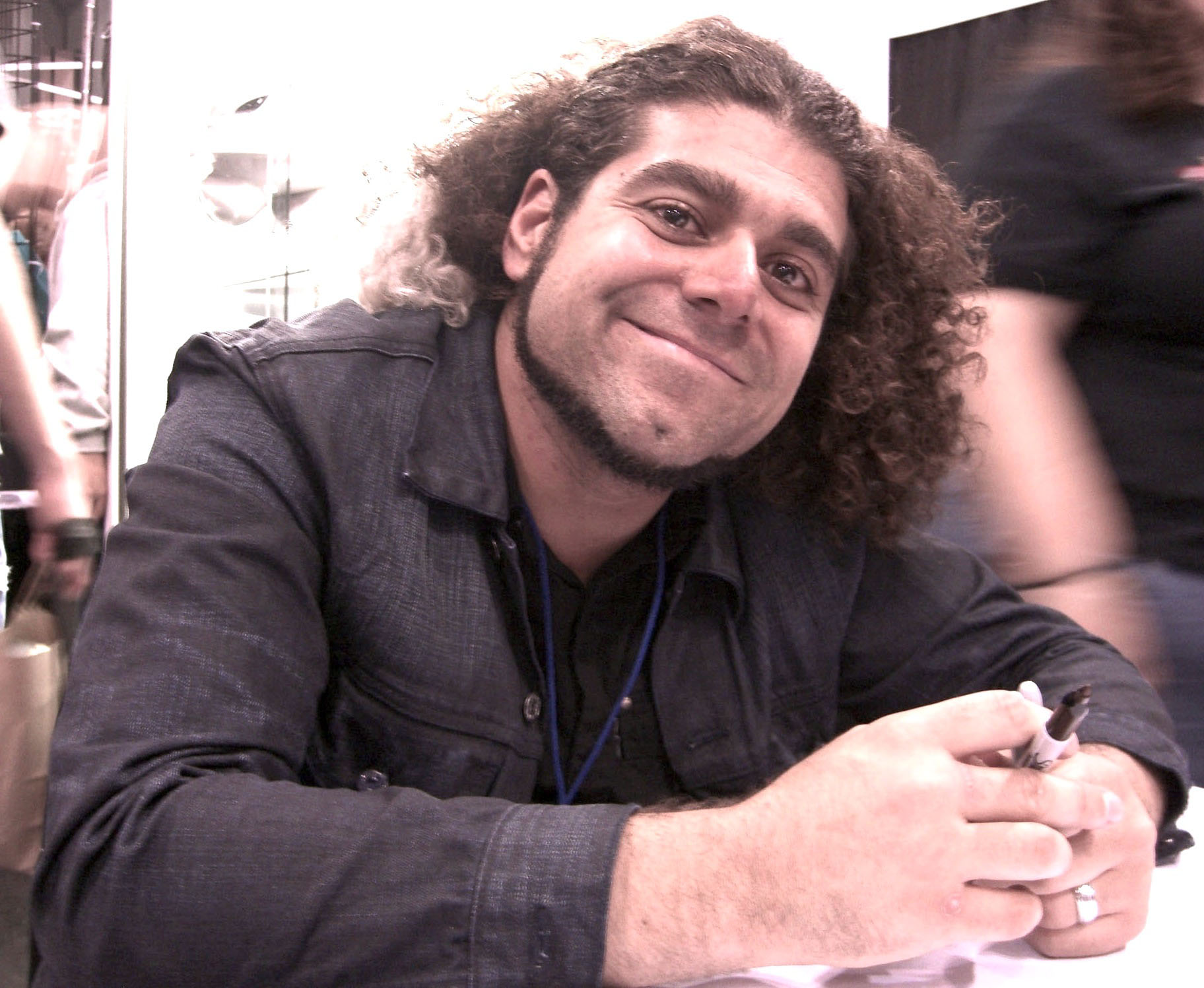We did what we were moved to do. We followed our guts and we just made some really heavy songs that we're having fun playing live.

"Claudio Paul Sanchez III" is an American writer and musician of Puerto Rican and Italian descent best known for being the lead singer and guitarist for the alternative/progressive rock group Coheed and Cambria. He is the creator of the comic book series The Amory Wars, as well as Key of Z and Kill Audio, both co-written with wife Chondra Echert. Sanchez co-authored the novel The Amory Wars#Year of the Black Rainbow/Year of the Black Rainbow with Peter David.
More Claudio Sanchez on Wikipedia.Basically it acts as a companion and also like an extension of the record and vice versa.
He nailed it when he said a good song makes people think, move and feel. That's what we try to do with every song we write and record. If people are doing all three of those things, then we did our job. Making music is not a one-dimensional thing.
It was just a small idea, to write these records and songs that have a concept, ... and at some point create those records in another medium, whether it would be comic books or a novel or something else.
Just because we went (to Columbia) didn't mean that we were going to change who we are. We were ready to do what we always do when we make music.
It is a progression overall, a moving from say a (short) rock song to an eight-minute epic, just basically not creating a wall where you can only do one thing.
Occasionally, I do get stopped somewhere because people have seen the video. Sometimes it'll surprise me. I'll have my hair under a beanie, hiding it, and I'll still get stopped. Which is really like, 'Whoa! You can't really see my face!' because I have a lot of hair.
I just think it's that we bring a lot to the table. There's the concept idea, which is very interesting and, again, I don't think has been done. Concepts have been done over a standard record, but not like this. And the songwriting is different. There are classic rock influences, and I think they come out more because the band has gotten better.
We had traces of our music that could be liked by the punk scene or the hardcore scene, ... But that was what people did with us; they said they could put us out on tour with anybody because 'nobody really knows what you guys are. You got some of this, you got some of that, it will probably work, let's see what happens.'
Copyright © 2024 Electric Goat Media. All Rights Reserved.